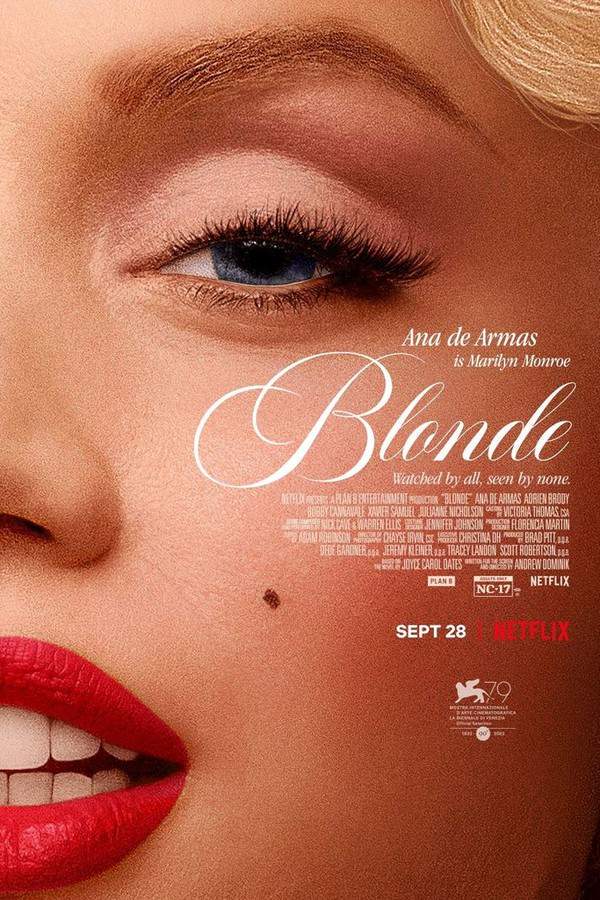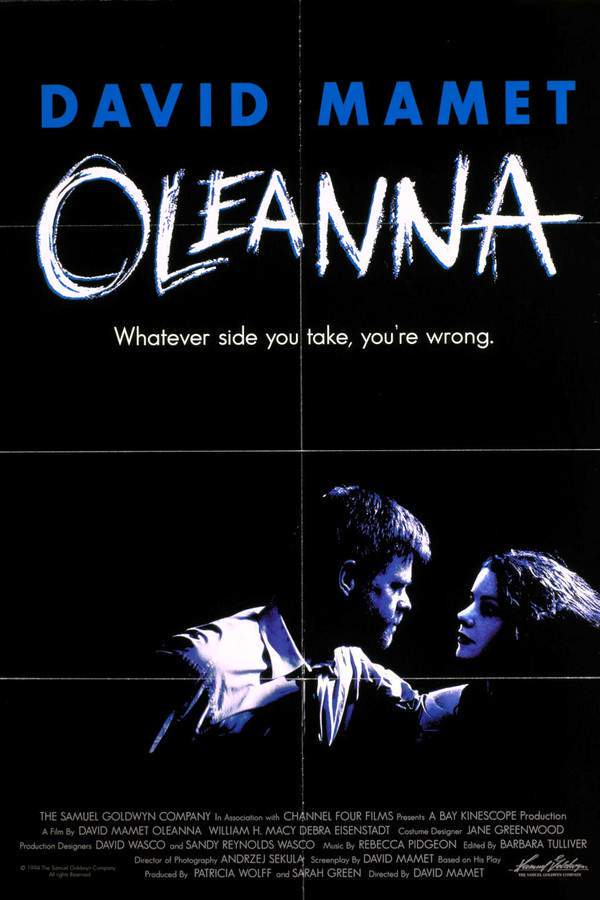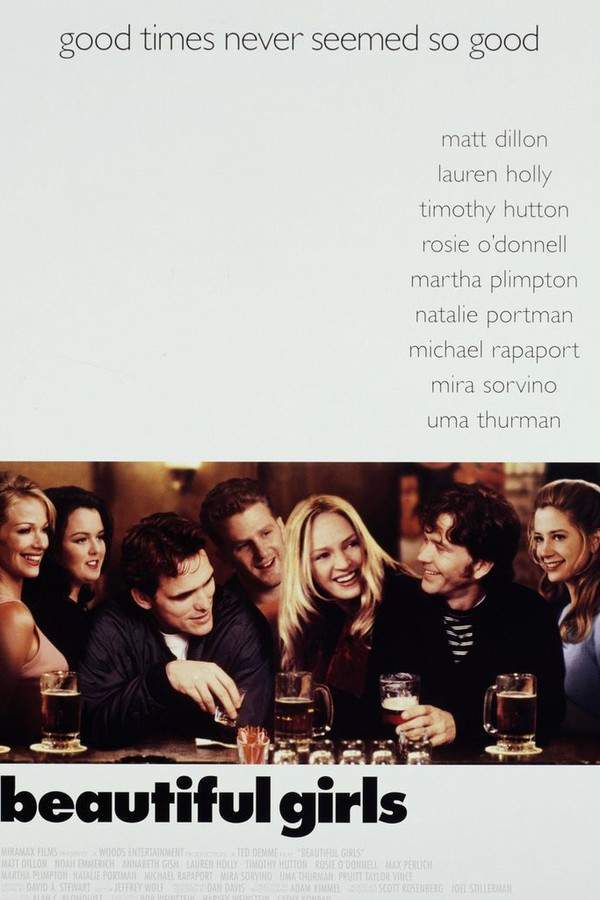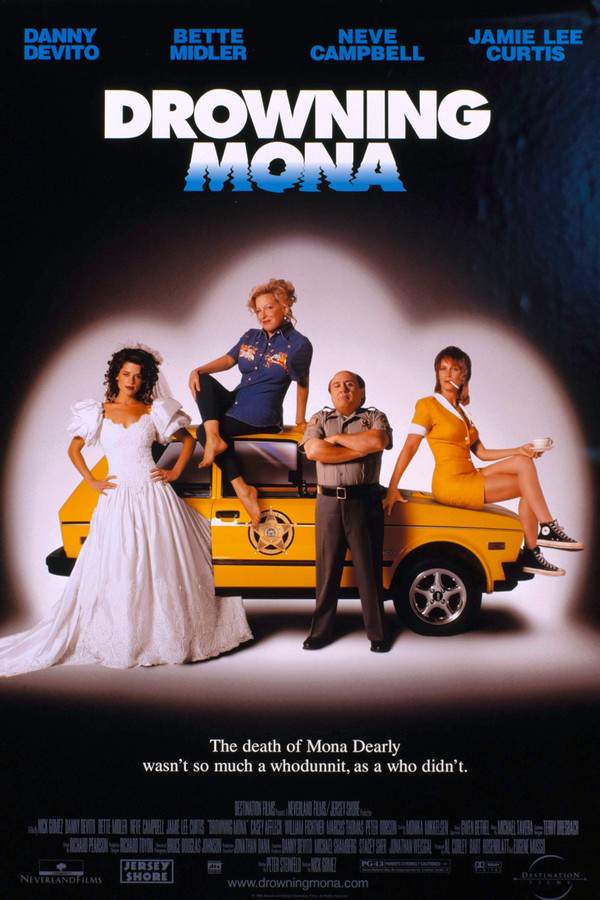
Mona Lisa Smile 2003
Directed by

Mike Newell
Made by

Columbia Pictures
Test your knowledge of Mona Lisa Smile with our quiz!
Mona Lisa Smile Plot Summary
Read the complete plot summary and ending explained for Mona Lisa Smile (2003). From turning points to emotional moments, uncover what really happened and why it matters.
Katherine Watson (Julia Roberts), a dedicated Ph.D. student from Oakland State University, embarks on a transformative journey as she accepts a position as an Art History instructor at Wellesley College during the 1953/54 academic year. This prestigious institution, known for its elite status, often belittles “State” university graduates, making Katherine an unlikely choice for a role at Wellesley. Under the watchful eye of President Jocelyn Carr (Marian Seldes), who upholds the school’s conservative values, Katherine faces the challenge of merging her modern ideas with the traditional expectations placed on her students.
As Katherine steps into the classroom, she quickly realizes the significance of her academic pedigree, which inadvertently impacts her students’ perception of her. The girls possess an impressive intellectual background but lack the ability to think independently. Their upbringing, steeped in the school’s conservative ethos and parental guidance, has groomed them for one primary aim: to marry into affluent families and adhere to established social norms.
Among Katherine’s students are Betty Warren (Kirsten Dunst), Joan (Julia Stiles), Giselle Levy (Maggie Gyllenhaal), Susan Delacorte (Laura Allen), and Connie (Ginnifer Goodwin). While these bright young women showcase their extensive knowledge of the curriculum, they disrupt her class, implying that Katherine has little left to teach, resulting in a rather rude departure. In her personal life, Katherine shares a home with roommates Amanda (Juliet Stevenson) and Nancy (Marcia Gay Harden). Nancy, who teaches speech and elocution, and Amanda, the school’s nurse, provide a sympathetic backdrop to Katherine’s struggles at the college.
Betty, a strong presence in the school newspaper, wields considerable influence over her peers. The prevailing atmosphere at Wellesley discourages liberal thinking, and while some students and faculty members yearn for change, those voices often remain suppressed. Undeterred, Katherine vows to impart her own beliefs about education and encourages her students to engage with unconventional art history topics that provoke thought and spirited debate rather than conform to the established syllabus.
Betty, firmly rooted in her conservative views, rejects any notion of women’s liberation, vehemently opposing Giselle’s more liberated perspective. In contrast, Giselle acknowledges the possibility that women, like Katherine, can forge lives unbound by societal conventions surrounding marriage and family. Katherine fosters an environment where her students can explore such concepts without fear of ridicule.
Amid the turbulence, the dynamics between students evolve. Joan harbors aspirations of attending Yale for law school but struggles with her desire for marriage, finding herself at a crossroads. Katherine urges Joan to pursue her ambitions, even as Betty holds on to traditional ideals, envisioning a life centered on family and stability. Complications arise when Joan’s engagement to Tommy (Topher Grace) materializes, causing friction with her ambitions.
As Katherine navigates the complexities of her students’ relationships and her own love life—marked by her interactions with fellow instructor Bill Dunbar (Dominic West)—the atmosphere shifts. Unexpected setbacks arise when Betty’s editorial actions lead to Amanda’s termination, reinforcing the oppressive environment at the college. However, as time passes, Betty’s strict adherence to tradition becomes increasingly challenged, complemented by the growing independence of her classmates.
Through personal trials, tragedies, and evolving friendships, the narrative culminates as Katherine leaves the college context, symbolizing a rejection of the limitations imposed by conventional roles. The year concludes with heightened enrollment in her class, a testament to the impact she made on her students’ hearts and minds, even amidst the traditional frameworks of Wellesley. Ultimately, in a poignant twist, Katherine departs for Europe, leaving Wellesley behind, while Betty confronts her marriage’s breakdown and seeks her own independence. The journey of self-discovery, empowerment, and the challenge against societal norms resonates as Katherine inspires future generations to embrace their aspirations wholeheartedly.
Mona Lisa Smile Timeline
Follow the complete movie timeline of Mona Lisa Smile (2003) with every major event in chronological order. Great for understanding complex plots and story progression.
Katherine Accepts Position
Katherine Watson, a Ph.D. student from Oakland State University, takes on a role as an Art History instructor at the prestigious Wellesley College for the 1953/54 academic year. This decision marks the beginning of her transformative journey, as she faces the challenges of being an outsider in a traditional institution.
First Day in Class
Upon entering her first class at Wellesley, Katherine learns that her academic pedigree influences her students' perception of her. The girls, despite their impressive knowledge, quickly undermine her authority, suggesting that there is little left for her to teach.
Life with Roommates
Katherine shares a home with her roommates, Amanda and Nancy, who work at the college in different capacities. Their supportive presence helps Katherine navigate the challenges she faces as an instructor in a conservative environment.
Cultural Clash in the Classroom
Katherine strives to introduce her students to unconventional art history topics that challenge their thinking. However, Betty, one of her most influential students, remains adamantly opposed to liberal ideas, representing a significant cultural clash within the classroom.
Struggles with Joan's Aspirations
Joan, another talented student, grapples with her dreams of attending Yale for law school while being torn between her ambitions and traditional expectations of marriage. Katherine supports Joan in her endeavors, encouraging her to prioritize her education and career over societal pressures.
Amanda's Termination
The oppressive atmosphere at Wellesley intensifies when Betty's editorial power results in the termination of Amanda, Katherine's roommate. This incident serves to reinforce the traditional values upheld by the institution, impacting Katherine and her students deeply.
Friction from Joan's Engagement
Joan's engagement to Tommy brings complications to her aspirations and her relationship with Katherine. Betty, who holds strong traditional values, comes into conflict with the evolving dynamics of her peers as they start to question societal norms.
Katherine Inspiring Change
Katherine's efforts to foster independent thinking in her students begins to bear fruit, as some start to embrace ideas of empowerment and personal ambition. This gradual shift represents a challenge to the school's conservative ethos, even as opposition arises.
Challenges in Personal Life
As Katherine faces turmoil in her personal life, including her budding romance with fellow instructor Bill Dunbar, she simultaneously navigates the complexities of her students' romantic entanglements. This dual struggle illustrates the intertwining of professional and personal growth.
Confronting Tradition
As the academic year progresses, both Katherine and her students confront their roles within the traditional confines of Wellesley College. Betty begins to question her steadfast beliefs, mirroring the evolving independence of her classmates.
Katherine's Departure
As the academic year concludes, Katherine prepares to leave Wellesley College, symbolically rejecting the limitations imposed by conventional roles. Her departure marks a pivotal moment of self-discovery and empowerment, inspired by the changes she ignited within her students.
Betty's Turning Point
Following Katherine's departure, Betty faces the realization of her failing marriage and the pressures of her traditional beliefs. This moment marks a significant turning point for her character as she begins to explore her own independence.
Changes in Enrollment
The heightened enrollment in Katherine's Art History class stands as a testament to the impact she made on her students. This surge reflects a growing interest in new ideas and perspectives, challenging the established norms of Wellesley College.
Katherine's Next Journey
Katherine departs for Europe, leaving behind the conservative environment at Wellesley. This decision not only represents her personal growth but also symbolizes the ongoing fight for women's empowerment beyond societal expectations.
Mona Lisa Smile Characters
Explore all characters from Mona Lisa Smile (2003). Get detailed profiles with their roles, arcs, and key relationships explained.
Katherine Watson
Katherine Watson is a passionate and determined art history instructor who aims to inspire her students to think independently and challenge societal norms. Despite facing resistance from her students and the school's administration, she remains steadfast in her mission to redefine education and encourage self-exploration among women. Her modern ideals often clash with the conservative environment, making her a pivotal figure in the story.
Betty Warren
Betty Warren is a strong-willed student who embodies the traditional values upheld within Wellesley College. Her influential role in the student newspaper showcases her assertiveness, yet she grapples with the contradictions of her desires for both independence and societal acceptance. Throughout the film, Betty's character evolves as she confronts her sheltered upbringing and reexamines her views on women's roles.
Joan
Joan is an ambitious student torn between her aspirations for a law degree and societal pressures to marry. Her character reflects the internal conflict faced by many women of her time, balancing personal goals against traditional expectations. Under Katherine's influence, she begins to see the possibility of pursuing her dreams, making her journey a significant focus of the narrative.
Nancy
Nancy is a supportive roommate and fellow educator who provides a sympathetic ear to Katherine throughout her trials at Wellesley. As a teacher of speech and elocution, she represents the potential for women's empowerment within the educational sphere, offering a more open-minded perspective in contrast to the conservative values held by much of the college's administration.
Mona Lisa Smile Settings
Learn where and when Mona Lisa Smile (2003) takes place. Explore the film’s settings, era, and how they shape the narrative.
Time period
1953/54
The year 1953/54 was marked by social conservatism in the United States, especially regarding gender roles and expectations. Women's liberation was beginning to emerge, challenging the traditional views held strongly by educational institutions and society at large. This period set the stage for significant cultural shifts as women sought to redefine their identities beyond marriage and family.
Location
Wellesley College, Oakland State University
Wellesley College is a prestigious women's liberal arts college located in Wellesley, Massachusetts, known for its rigorous academic standards and its historic commitment to women's education. Oakland State University represents a contrasting backdrop, symbolizing a more accessible educational opportunity, emphasizing the divide in social status and expectations within academia.
Mona Lisa Smile Themes
Discover the main themes in Mona Lisa Smile (2003). Analyze the deeper meanings, emotional layers, and social commentary behind the film.
🎨
Empowerment
The film explores the theme of empowerment, particularly in the context of women's roles in society. Katherine Watson challenges her students to think independently and pursue their ambitions, advocating for self-discovery and freedom from societal constraints. This theme resonates deeply as the characters navigate pressures between traditional expectations and personal desires.
📜
Tradition vs. Change
The narrative portrays a conflict between tradition and the emerging desire for change among young women. Wellesley's conservative ethos represents the status quo, while Katherine's modern views push against these boundaries. This struggle highlights the broader societal tensions of the era, showcasing the challenges faced by those seeking to break free from outdated norms.

Coming soon on iOS and Android
The Plot Explained Mobile App
From blockbusters to hidden gems — dive into movie stories anytime, anywhere. Save your favorites, discover plots faster, and never miss a twist again.
Sign up to be the first to know when we launch. Your email stays private — always.
Mona Lisa Smile Spoiler-Free Summary
Discover the spoiler-free summary of Mona Lisa Smile (2003). Get a concise overview without any spoilers.
In the polished corridors of a prestigious 1950s women’s college, tradition wraps every lecture hall and dormitory like a well‑worn gown. The campus exudes an elegant, almost genteel atmosphere—trim lawns, ivy‑covered brick, and a curriculum calibrated to prepare its students for a singular future centered on marriage and social standing. Beneath the genteel veneer, however, a quiet yearning lingers among the young women, hinting at possibilities that the institution’s careful choreography has long kept at bay.
Enter Katherine Watson, a spirited art‑history scholar fresh from a state university, whose modern sensibilities clash with the school’s time‑honored decorum. With a doctorate in hand and a passion for the avant‑garde, she arrives to teach a class that the faculty believes is already saturated with knowledge. Her presence alone—an outsider with unconventional ideas—introduces a subtle ripple in the otherwise predictable rhythm of campus life, inviting both curiosity and resistance among the faculty and administration.
Among the bright, well‑educated students, a spectrum of attitudes begins to surface. Betty Warren, the charismatic editor of the college newspaper, embodies the confident, conventional path expected of women, while her classmates quietly grapple with desires that extend beyond the matrimonial horizon. Aspirations of law school, art, and personal fulfillment flicker behind their polished façades, setting the stage for quiet yet profound questioning of the roles they have been taught to accept. The dynamic between the eager, sometimes conflicted students and their new mentor creates an undercurrent of intellectual tension that promises to reshape their perceptions of autonomy.
The film’s tone balances reverent period detail with an invigorating sense of possibility, rendering the conservative world of Wellesley both beautiful and restrictive. Through witty dialogue, lush visual storytelling, and a thoughtful soundtrack that echoes the era, the story invites viewers to consider how a single, determined voice can awaken dormant ambitions, suggesting that the true canvas of life may be far broader than the frames society paints for it.
Can’t find your movie? Request a summary here.
Movies with Similar Twists and Themes
Uncover films that echo the narrative beats, emotional arcs, or dramatic twists of the one you're exploring. These recommendations are handpicked based on story depth, thematic resonance, and spoiler-worthy moments — perfect for fans who crave more of the same intrigue.
Featured on this page

What's After the Movie?
Not sure whether to stay after the credits? Find out!
Explore Our Movie Platform
New Movie Releases (2026)
Famous Movie Actors
Top Film Production Studios
Movie Plot Summaries & Endings
Major Movie Awards & Winners
Best Concert Films & Music Documentaries
Movie Collections and Curated Lists
© 2026 What's After the Movie. All rights reserved.













